The health situation of the Burundian population remains precarious, and this depends on the determinants of health but also on the poor performance of the health system.
56% of children under 5 suffer from stunted growth, the pregnancy-related mortality rate is 334 maternal deaths per 100,000 live births, 1 child in 20 dies before reaching their first birthday and in general, the risk of dying between birth and the fifth birthday is 78‰.
Malaria is the main endemic disease that cyclically affects a large part of the population and is the leading cause of death in hospitals and health centers.
The Burundian government has chosen to strengthen human capital by making free medical assistance a priority for pregnant women and children under five.
The efforts of the government and its partners involved in population health attach fundamental importance to the health of mothers and children as a vulnerable group for a better future.
For the rest of the population, care is chargeable and, most of the time, unsustainable. The lack of adequate sanitation facilities and poor hygiene practices are a big obstacle to improving the health of the population: only 61% of the population has access to drinking water (57% in rural areas), 46% has a basic sanitation service (42% in urban areas) and 6% has an adequate sanitation service (hand washing facility with soap and water).
Therefore, the priority concerns the development of human capital, both as a prerequisite and as an essential component of sustainable socio-economic development. Equitable and non-discriminatory access for the Burundian population, in particular for women and young people, to quality basic services in the sectors (i) health, (ii) drinking water, hygiene and sanitation services, and (iii) education and basic vocational training, will also be strengthened.

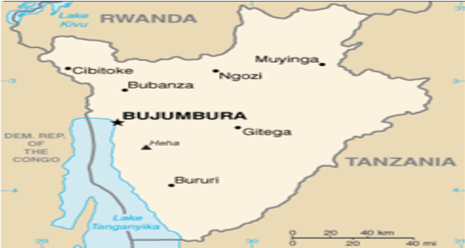
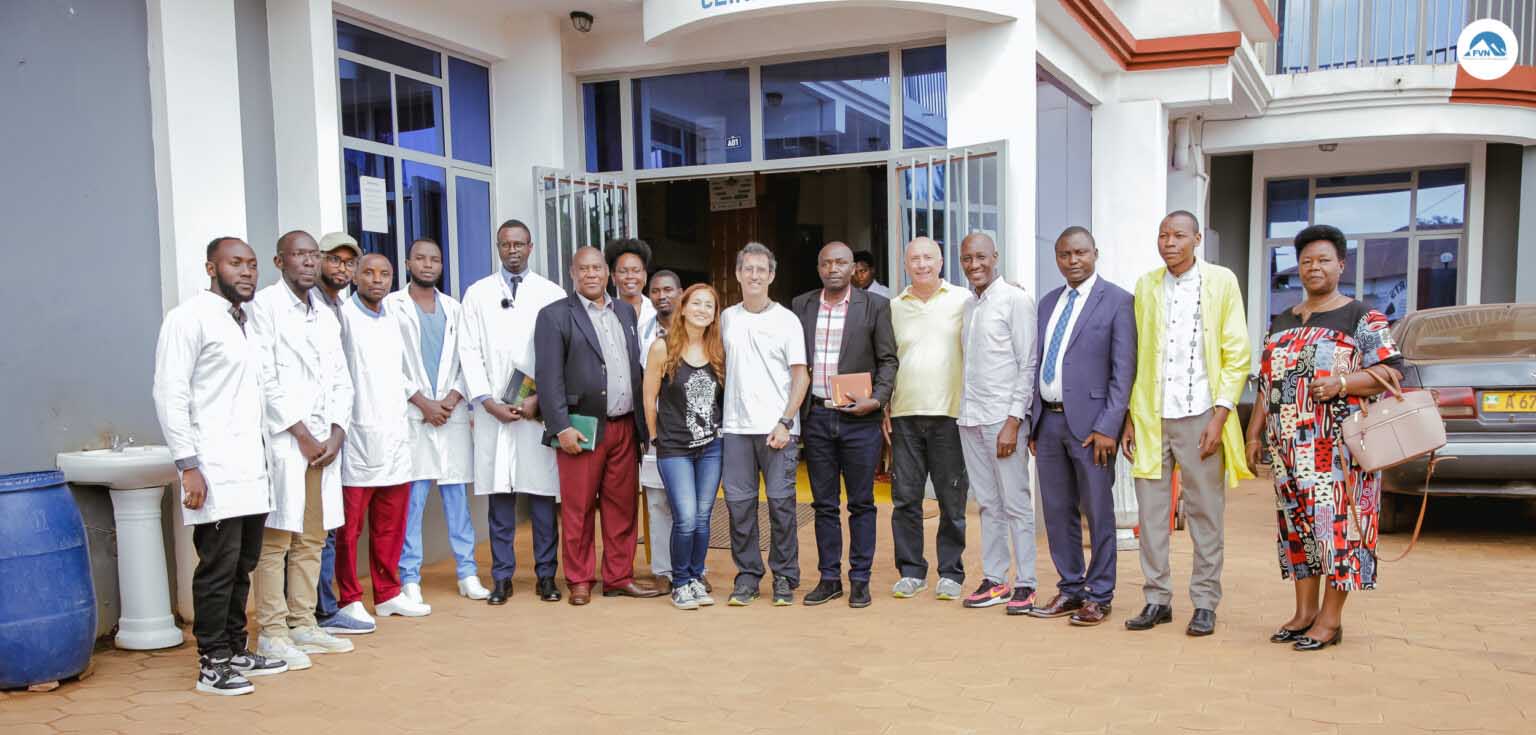
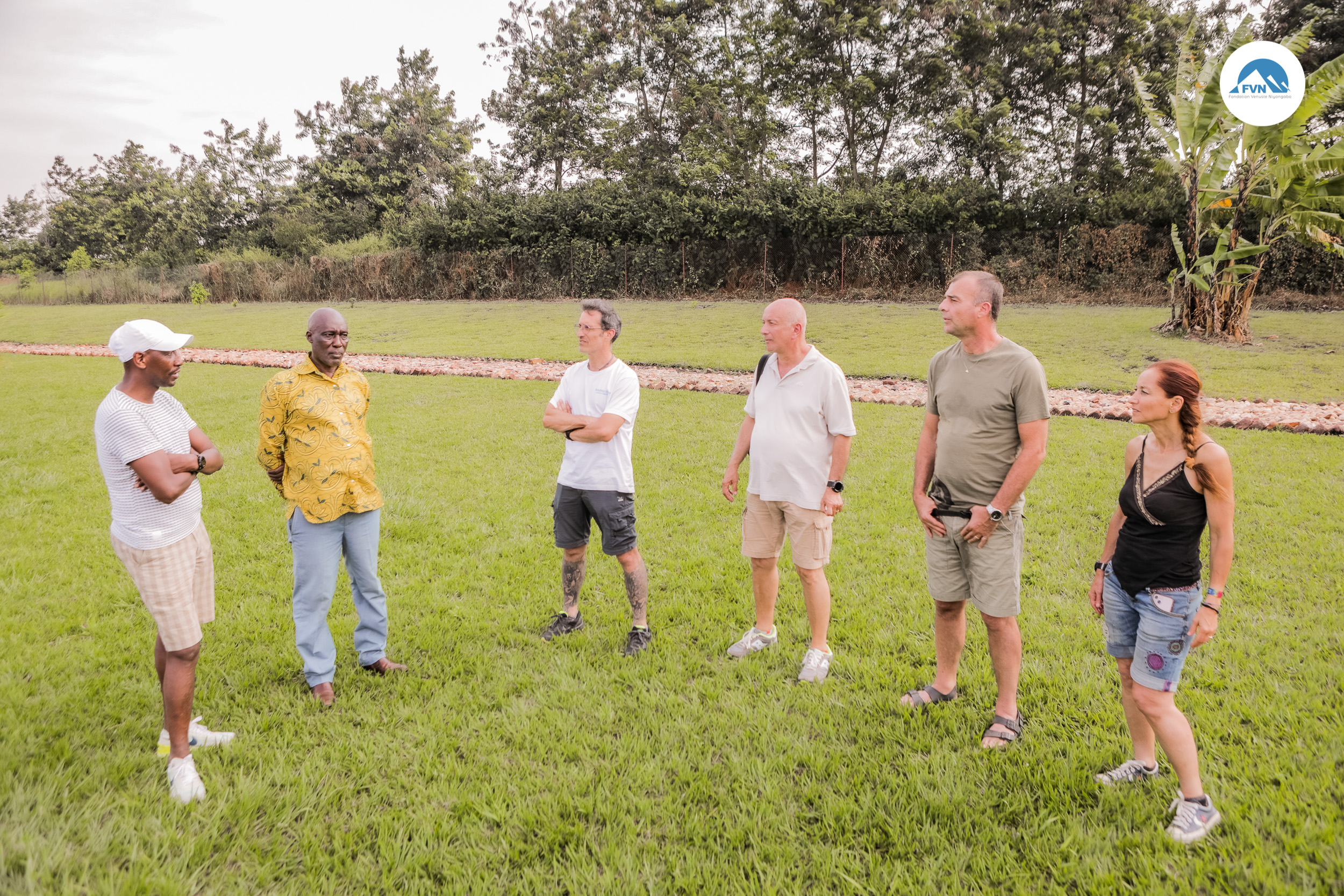
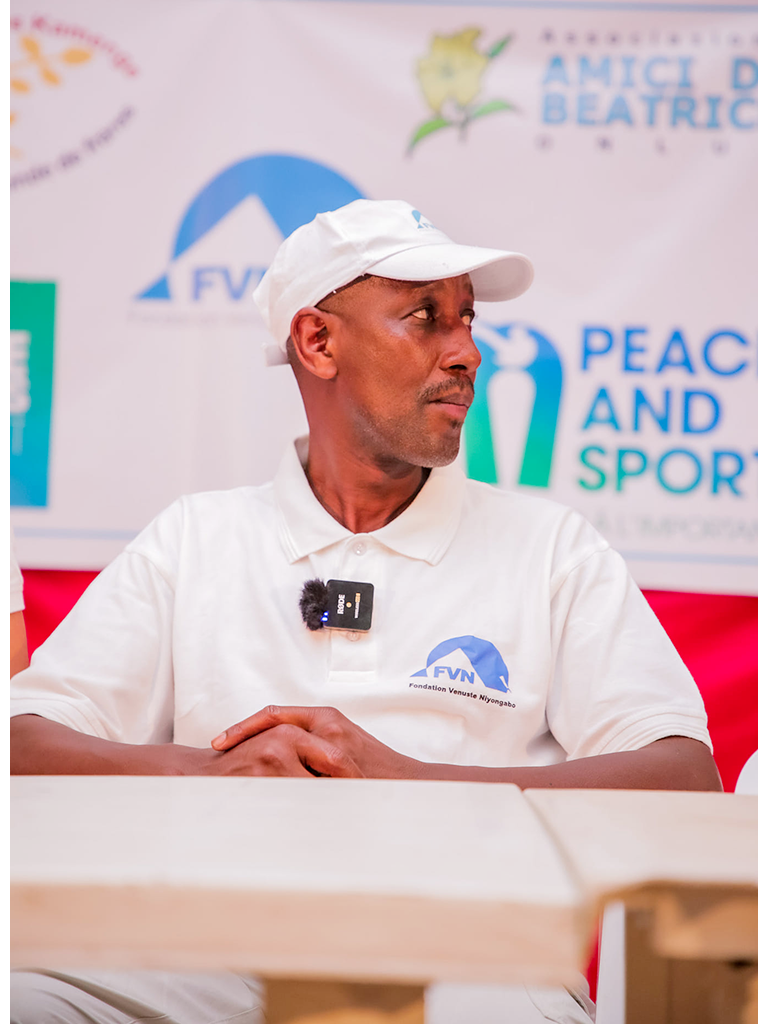
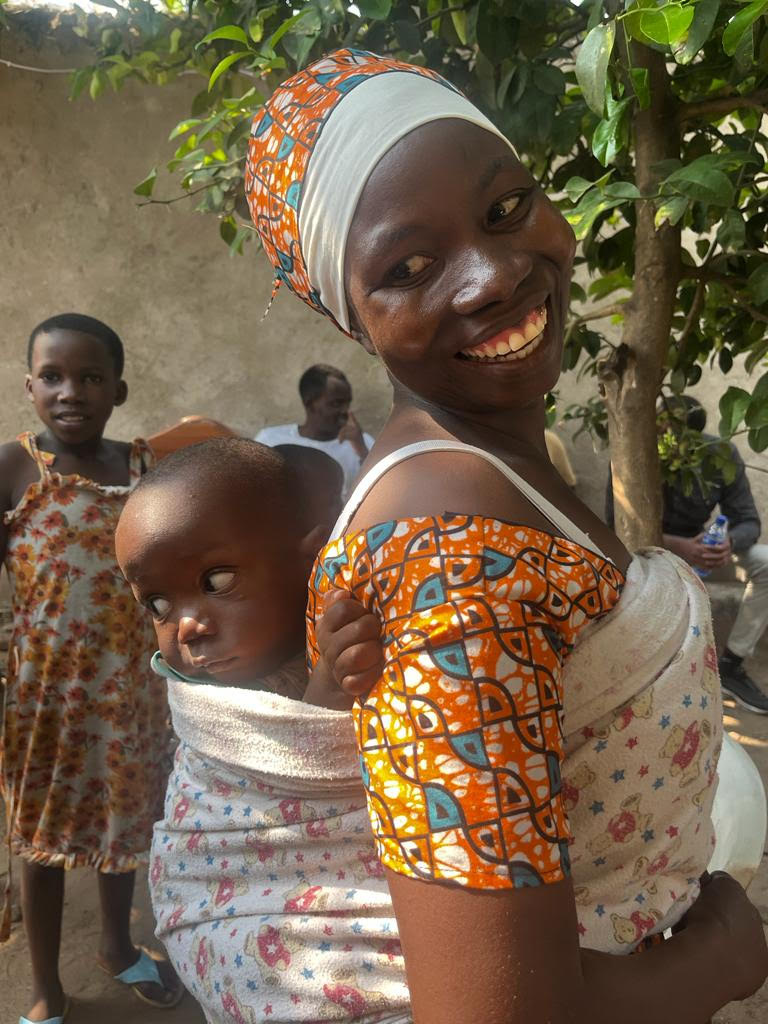
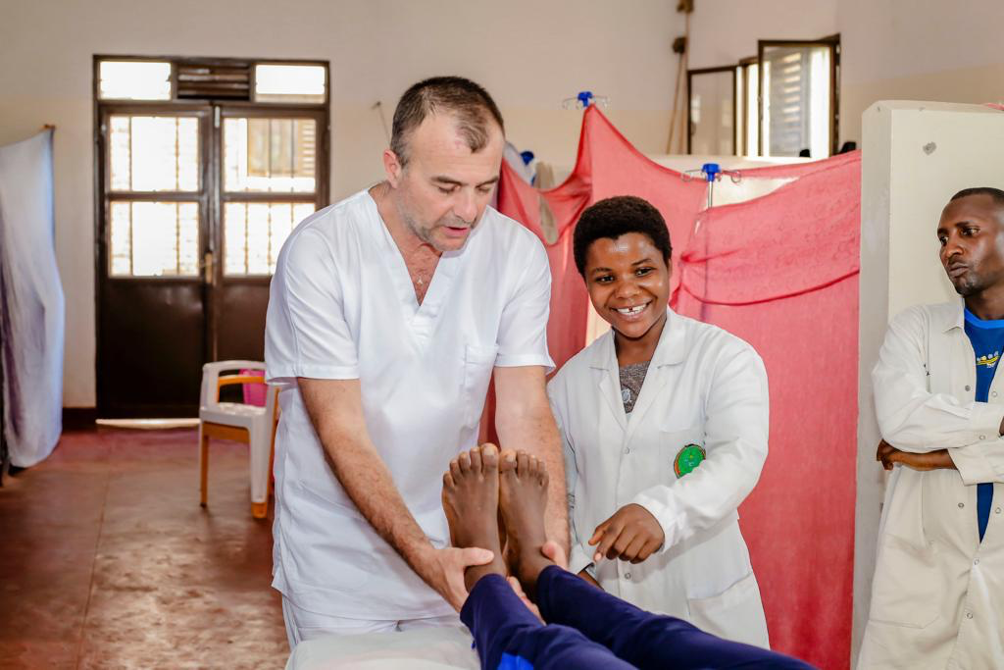



Leave a Reply
You must be logged in to post a comment.